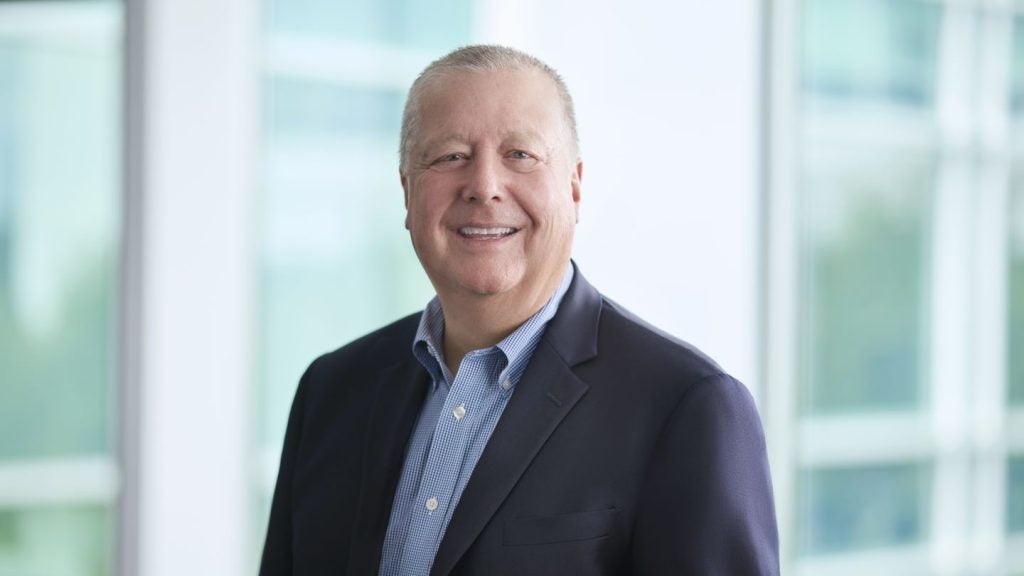
Global fintech company Arbol and The Institutes RiskStream Collaborative have announced the launch of a blockchain-driven parametric reinsurance platform, called dRe.
Already live and in production, the platform is claimed to be the first on-chain data calculation solution for the reinsurance space.

Access deeper industry intelligence
Experience unmatched clarity with a single platform that combines unique data, AI, and human expertise.
It was developed under a strategic alliance announced last month between Arbol and RiskStream.
Arbol’s dRe Lifecycle Dashboard is a smart contract-driven system that has been designed to perform improved and transparent parametric loss estimates for transactions involving severe storm catastrophes.
The platform uses verified weather data from dClimate’s decentralised climate data network and Chainlink’s decentralised oracle network to activate a smart contract based on wind speed and specific peril events’ location.
It automates claim initiation, notifications, and loss calculations, thereby facilitating quick payouts, streamlined data flow and improved transparency.

US Tariffs are shifting - will you react or anticipate?
Don’t let policy changes catch you off guard. Stay proactive with real-time data and expert analysis.
By GlobalDataIn addition, dRe features Kaleido’s technologies and uses RiskStream’s Canopy platform, an end-to-end reusable blockchain framework for the insurance market.
The platform has the capability to adapt to multiple scenarios, including rain, heat or wind, as well as the potential for non-parametric insurance event notifications.
Arbol founder and CEO Sid Jha said: “dRe is a critical advancement in Arbol’s pursuit to enhance transparency and efficiency in the insurance sector.
“By leveraging blockchain technology and smart contracts, we are fundamentally reshaping the landscape of parametric (re)insurance. This platform is not just a step forward; it’s a leap.
“It transforms how we manage severe storm catastrophe transactions by providing rapid, auditable, and reliable payouts. And while our current focus is on severe storm events, the system’s design has far-reaching implications, paving the way for adaptations to other perils.”






